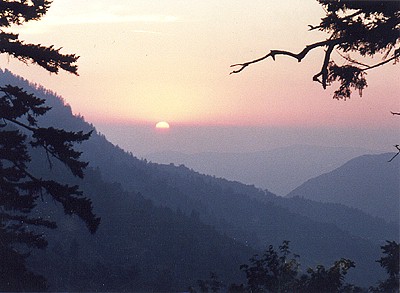All Nonfiction
- Bullying
- Books
- Academic
- Author Interviews
- Celebrity interviews
- College Articles
- College Essays
- Educator of the Year
- Heroes
- Interviews
- Memoir
- Personal Experience
- Sports
- Travel & Culture
All Opinions
- Bullying
- Current Events / Politics
- Discrimination
- Drugs / Alcohol / Smoking
- Entertainment / Celebrities
- Environment
- Love / Relationships
- Movies / Music / TV
- Pop Culture / Trends
- School / College
- Social Issues / Civics
- Spirituality / Religion
- Sports / Hobbies
All Hot Topics
- Bullying
- Community Service
- Environment
- Health
- Letters to the Editor
- Pride & Prejudice
- What Matters
- Back
Summer Guide
- Program Links
- Program Reviews
- Back
College Guide
- College Links
- College Reviews
- College Essays
- College Articles
- Back
The Bridge on the River Kwai
The movie could not have better started with the music of “Colonel Bogey March”. Even though, the tone is sang by the British soldiers the quality of the music catches the viewer’s attention. This demonstrates that even though the British soldiers are incarcerated by the Japanese their loyalty is still to their country and the Geneva Convention Code.
The British make their valiant scenario at the beginning of the movie when they came in singing the “Colonel Bogey March” song. The British soldiers which later became prisoners and then back to soldiers where trap in a deserted island controlled by the Japanese Army. Colonel Saito (Sessue Hayakawa) orders the British to build a bridge for them that will connect the two sides of the river. “Today you rest. Tomorrow you work,” was Saito’s orders for the British soldiers.
When Colonel Nicholson (Alec Guinness) refused to work as a slave instead of what he was a commander Saito send him in an oven box that heated in the sun. Although, all this heating did not heated Nicholson’s mind, because he’s stubbornness let him win a victory as the commander of his own army.
However, at the star of the movie the Japanese engineers didn’t choose the right setting for building the bridge the British engineers which included Colonel Nicholson (Alec Guinness) help to build it. Although, the bridge was not finish in the day it was required for Saito’s to complete his code of the Bushido.
At the end of the movie neither the Japanese nor the British won. The bridge was ironically destroyed by Colonel Nicholson when he fainted. It was a tragedy since both sides lost their lives for saving this bridge that at the end symbolize civilization not being able to live and work in peace. This reminds me of Lord of the Flies which is the same dilemma of civilization.
Colonel Saito and Colonel Nicholson are two stubborn people who follow their own code. Colonel Saito follows the Bushido while Colonel Nicholson follows the Geneva Convention. Analogizing, both of these characters are that they are both mad. In the movie, people can learn that Colonel Nicholson (Alec Guinness) is the bolshies. This can be proved when he doesn’t give up his command to the Japanese to work on the bridge. Whereas Colonel Saito is mad for not following his ambition of being an artist.
The movie besides being related to a real bridge construction that happened in history there are two things that are vital in the movie that makes it outshine even if someone with modern technology where to watch it. First the movie does not contain any special effects and it’s in color. This brings the audience to get glued to the screen until the end.
The Bridge of the River Kwai is made of a great quality. This brought it to won seven Oscars, three BAFTA awards, three Golden Globes, and for being recognize as one of the top 100 films by American Film Institution. This is a great movie, where viewers from all ages can watch it, since there is no excess of aggression present in the movie.

Similar Articles
JOIN THE DISCUSSION
This article has 1 comment.

6 articles 0 photos 225 comments
Favorite Quote:
Writers are a less dangerous version of the career criminal. Everywhere they go, they see the potential for the perfect crime. The difference is that writers have better self control.